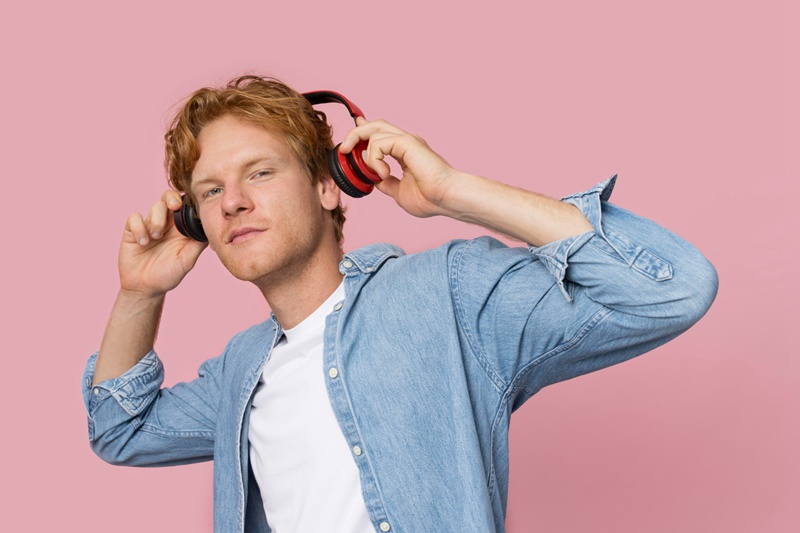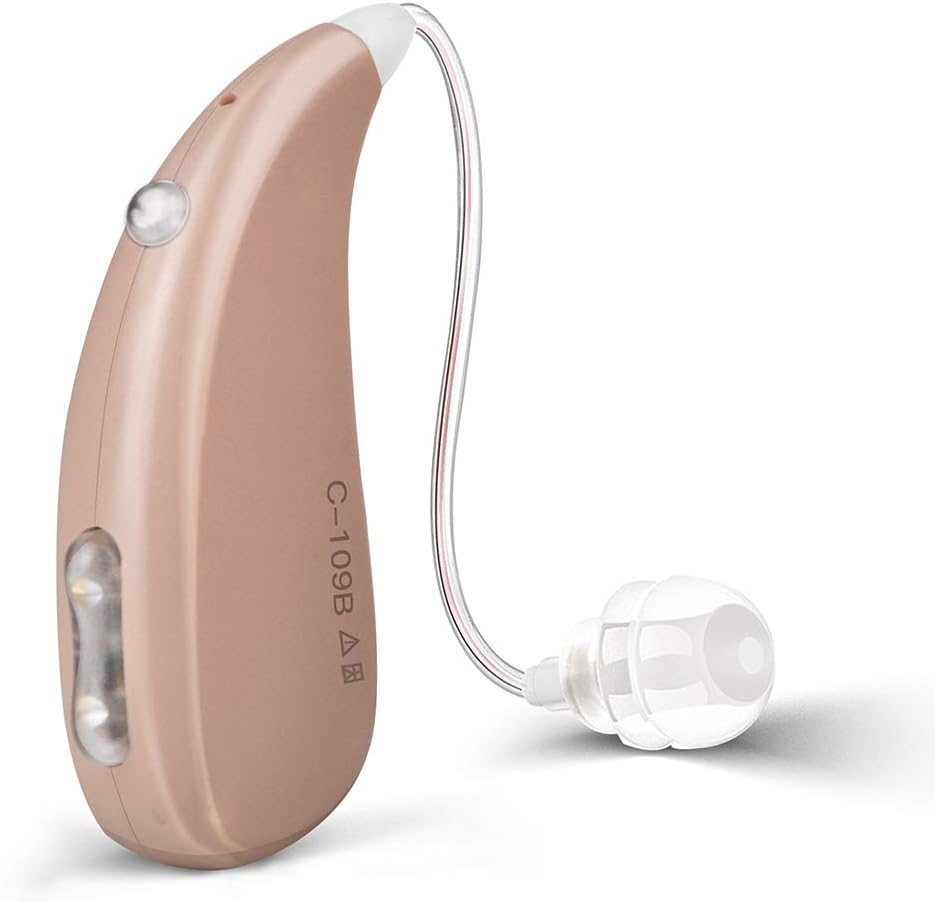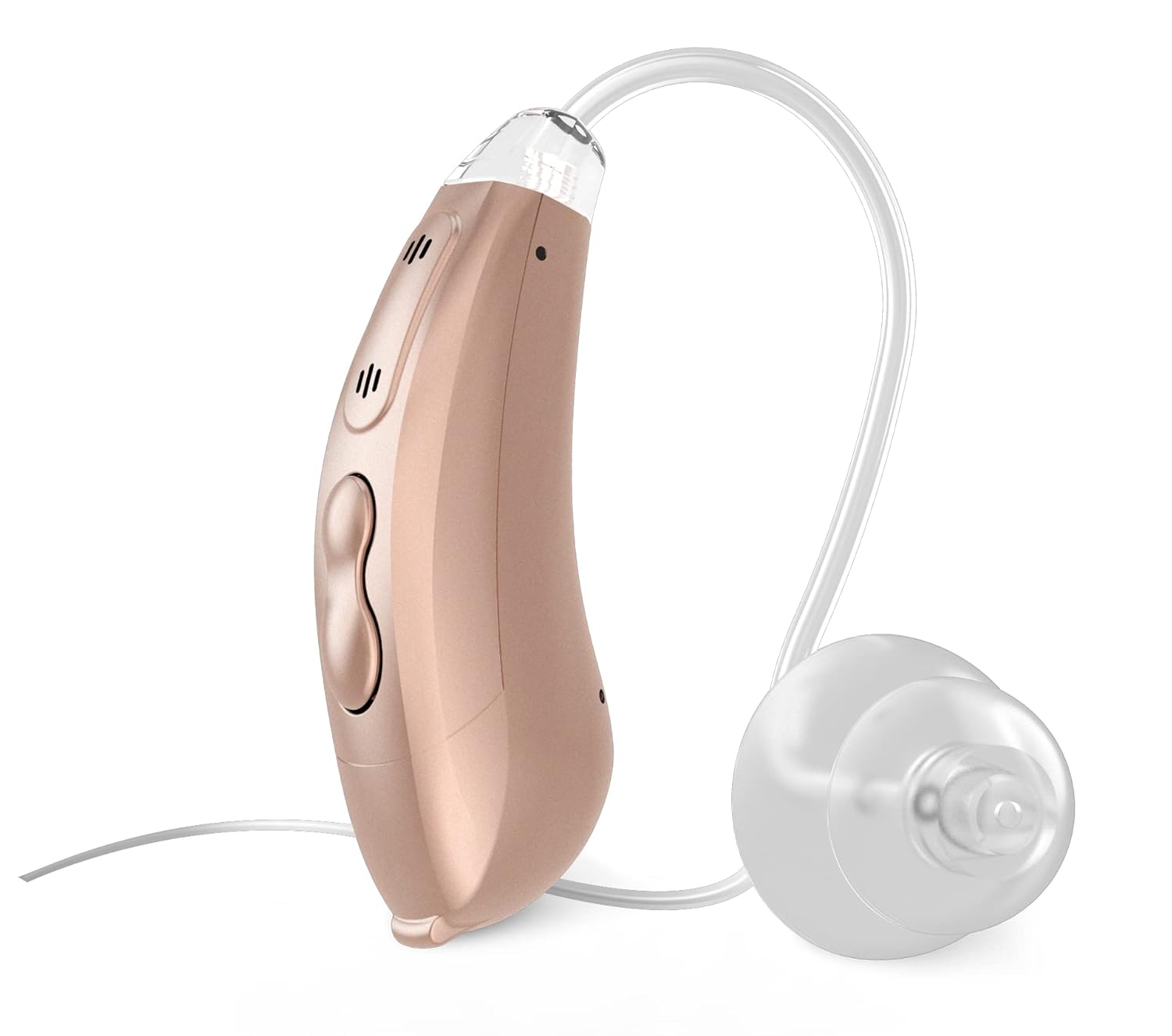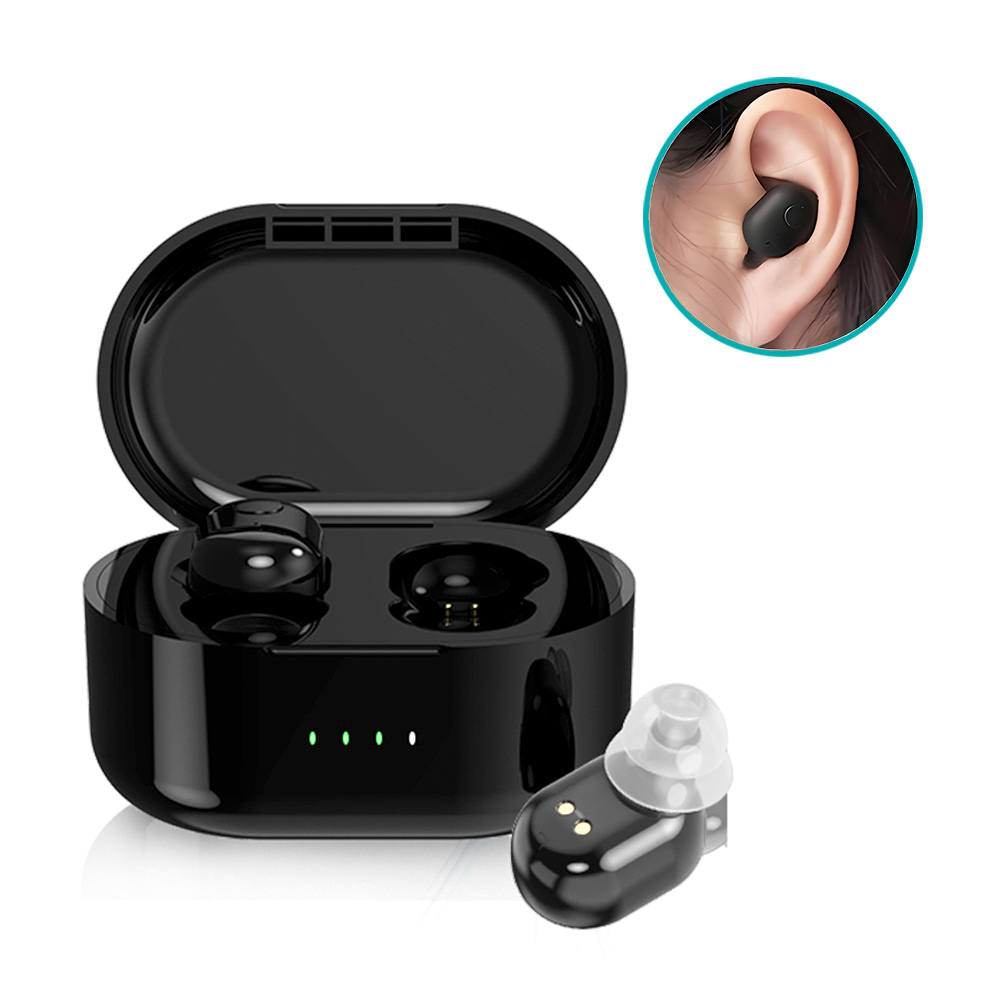 Hearing health is something many of us take for granted—until we start to have difficulty hearing others and the world around us. Hearing plays a big role in mental and physical well-being…but how exactly does it work, and why can it be so easy to permanently damage our sense of hearing with loud noise?
Hearing health is something many of us take for granted—until we start to have difficulty hearing others and the world around us. Hearing plays a big role in mental and physical well-being…but how exactly does it work, and why can it be so easy to permanently damage our sense of hearing with loud noise?
Our ears are incredibly fragile, complex systems. Sound waves enter the ear canal, vibrate the eardrum, and move tiny bones in the middle ear. In fact, the smallest bones in our entire body are in the middle ear!
The vibrations move from the middle ear bones to the cochlea, a snail-shaped organ filled with tiny hair cells. These cells convert sound waves into electrical signals that our brain interprets as sound.
Hearing loss from noise occurs when the microscopic hair cells in the cochlea become damaged. Unlike other cells in the body, hair cells in the cochlea don’t regenerate, meaning once they’re gone, they’re gone for good.
The good news is there are steps we can take to protect our ears from damage:
- Lower the Volume: Keep music, TV, and headphones at safe listening levels—if someone else can hear the music or audio from your headphones, they’re too loud.
- Use Ear Protection: Wear earplugs or noise-canceling earmuffs in loud environments like concerts, sporting events, or while using power tools.
- Limit Exposure: Take breaks from loud environments to give your ears time to rest and recover.
Once hearing is lost, an effective treatment is using hearing aids. Thankfully, today’s hearing aid technology is more advanced than ever. Modern hearing aids don’t just amplify sound—they enhance speech clarity, reduce background noise, and even connect to smartphones and TV accessories. With the right technology, individuals with hearing loss can regain confidence, stay engaged in conversations, and improve their overall quality of life.
If you or a loved one is experiencing hearing difficulties or tinnitus (constant ringing, buzzing, or hissing in the ears), don’t wait. Getting a hearing test and exploring hearing aid options can make all the difference for both hearing loss and symptoms of tinnitus. To explore treatment options for hearing loss and get more information about protecting your hearing health for life, schedule a consultation with a licensed hearing care professional
The above is the interpretation of Your Guide to Hearing Health – And How to Protect It provided by Chinese hearing aid supplier Shenrui Medical. Link https://www.sengdong.com/Blog/Your-Guide-to-Hearing-Health-And-How-to-Protect-It.html of this article is welcome to share and forward. For more hearing aid related information, please visit Blog or take a look at our Hearing aids products







